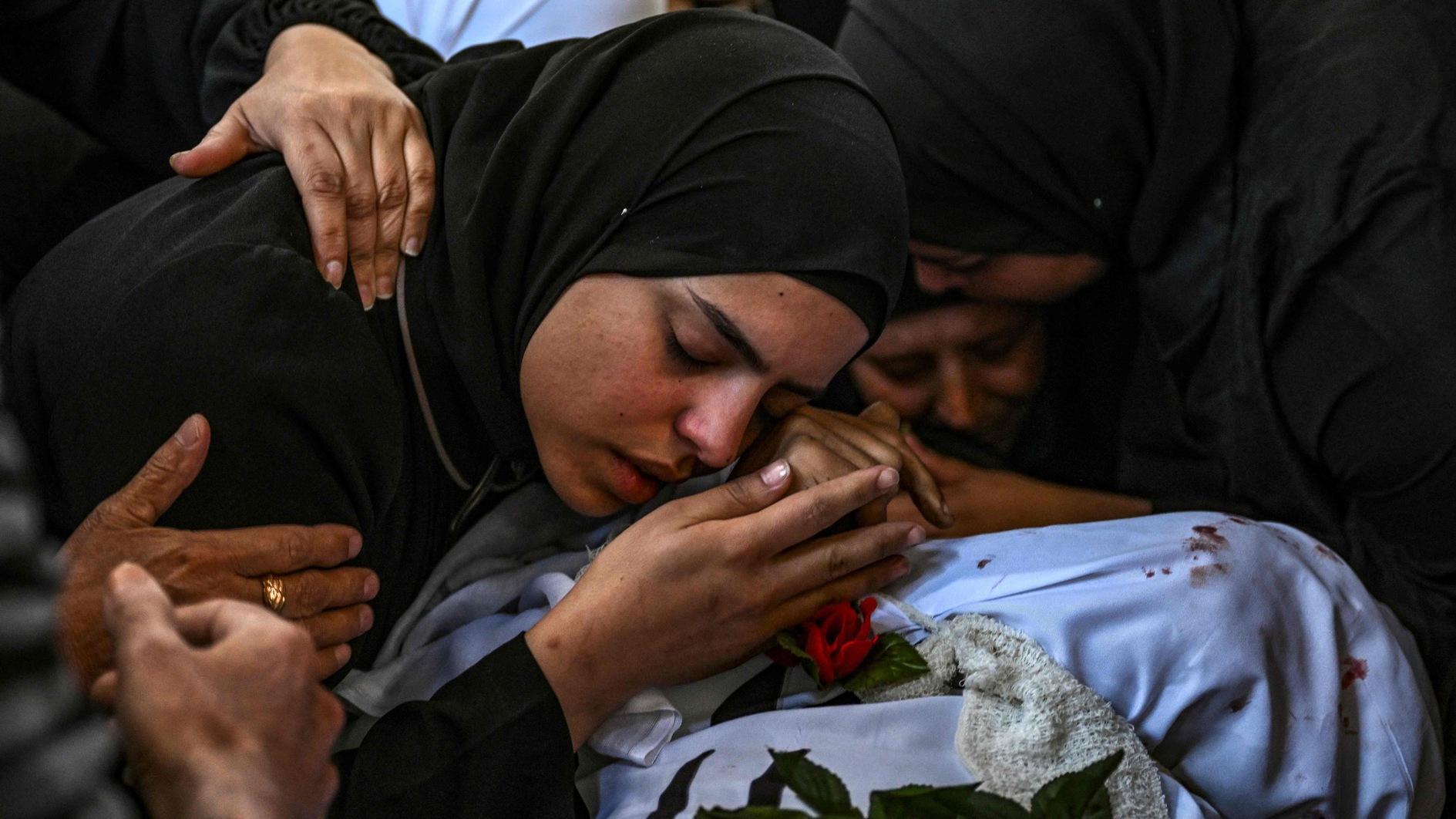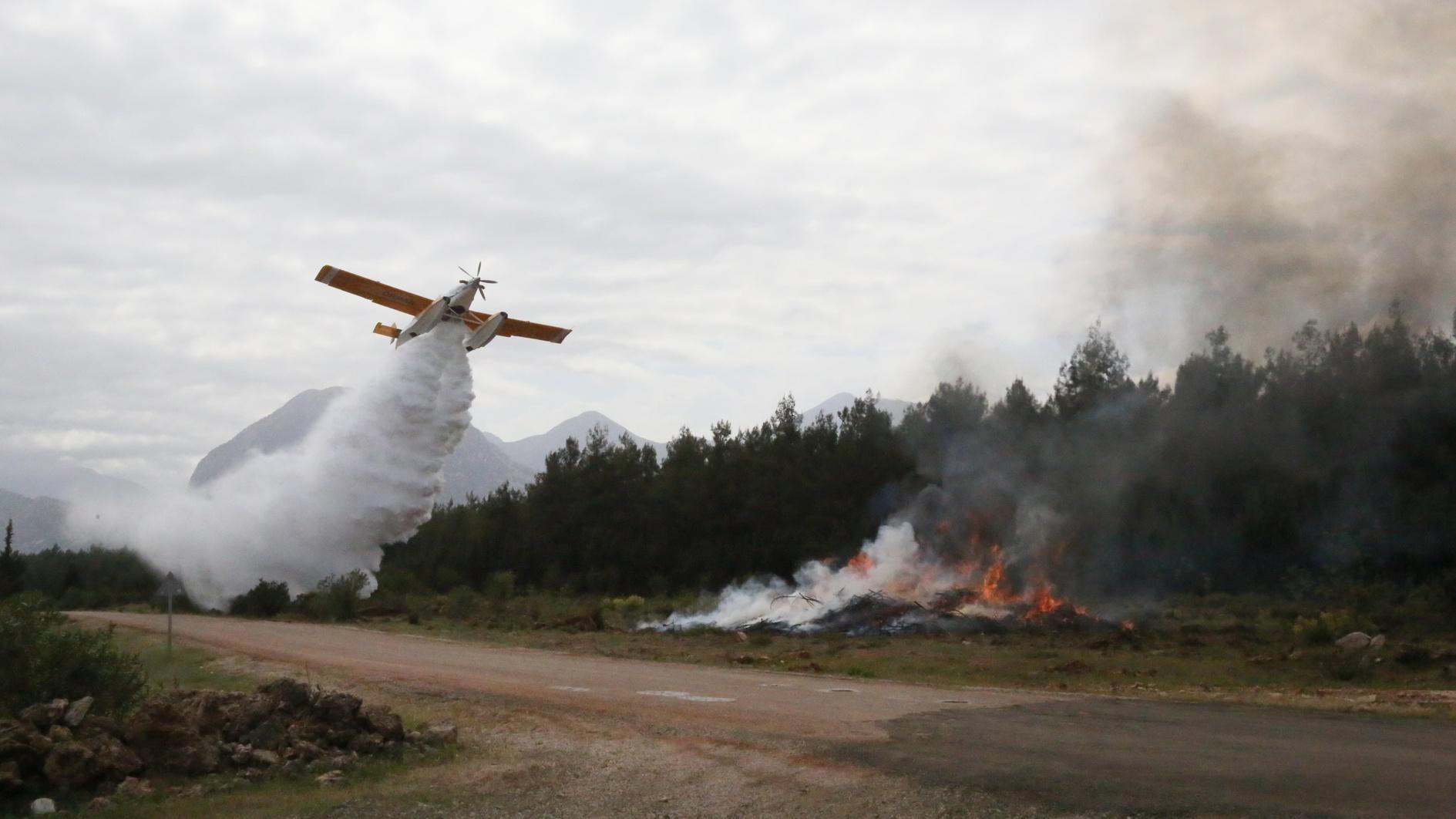Does Europe want to see Erdoğan reelected?
“Only a few weeks before the crisis, I was able to gather only around 100 people for a meeting with a visiting minister. After the crisis, that was no longer the case,” a Turkish businessman living in Germany once told me. He is a prominent figure with strong links to the ruling Justice and Development Party (AKP). He explained how he tried to convince German officials on the consequences of banning Turkish politicians from speaking in Germany. “You will lose the trust of at least one generation of Turks living in your country,” he apparently told them.
Banning President Recep Tayyip Erdoğan from speaking amid the post-July 15, 2016 coup period while allowing sympathizers of the outlawed Kurdistan Workers’ Party (PKK) was not only irritating for Turks living in Germany but even for the most ardent opponents of the AKP in Turkey as well.
It was highly surprising to see the Netherlands, which is generally known to be more tolerant and understanding toward migrant communities compared to its neighbors, follow Germany, Austria and Switzerland by banning Turkish ministers from holding rallies for Turks living in Europe ahead of the April 2017 referendum on the change to a presidential system in Turkey.
When Turkey’s family minister tried to force her way into the Netherlands with the clear intention of making a point by sparking a crisis, one would have expected the Dutch leadership, which is supposed to come from a political culture based on pragmatism, rationality and compromise, not to fall into that trap. The Dutch could have avoided the scandals of last year by following a carefully fine-tuned sophisticated approach.
If they had let the family minister go to the Turkish consulate instead of keeping her trapped in her car, and if they had denied the Turkish side the opportunity to portray itself as the victim, we may not have ended up with the current icy Dutch-Turkish relations.
Some would argue that the party of Prime Minister Mark Rutte, who was prime minister then too, was in a tight race against a hand-line anti-Muslim candidate in the general elections, which were slated for only a few days prior to the incidents involving the family minister, and that he did not want to look weak by letting the minister challenge the ban.
In that case, maybe Rutte and his aides did not fall into that trap. Maybe they saw the opportunity to lure more votes.
In the end, the crisis served Erdoğan. It also served both Rutte and the anti-Muslim anti-immigrant Geert Wilders, by rendering the latter relevant to Dutch political life, while rendering Rutte as even more relevant and acceptable compared to Wilders. Perhaps Wilders was not that big of a threat to Rutte but it suited Rutte to portray him as a big threat. After all, unthinkable events were happening around that time: The U.S. voted President Donald Trump in, and a year before British people had voted to leave the EU. Some were seriously concerned that Wilders’ far-right party could become the biggest party in the Dutch parliament. (But in the end Rutte’s party won the elections easily.)
But now that the election period is over in Europe, especially in Germany, Austria and the Netherlands, will we see a more pragmatic approach, or are they going to make campaigning hard for Erdoğan, with the clear intention to help him boost votes? While European leaders appear to dislike him, does his continued rule keep the fear of Islam alive and therefore their political seats secure?
Because otherwise it is very hard to believe that they are so oblivious to the fact that the more they make campaigning hard for the AKP, the more it will fuel support for the party and its leader to secure victory in the elections.











